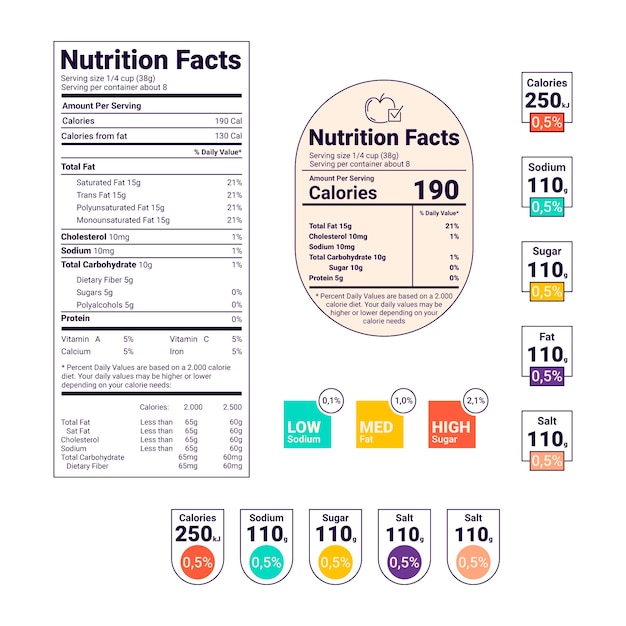Parsnips Nutritional Facts

Parsnips are a nutritional powerhouse packed with vitamins and minerals.
With low calories and high fiber content, parsnips are a great addition to a healthy diet.
Rich in potassium, parsnips help maintain a healthy blood pressure.
Parsnips are a great source of vitamin C, which boosts the immune system.
The fiber in parsnips aids in digestion and prevents constipation.
Parsnips are a natural source of folate, a critical nutrient for pregnant women.
Eating parsnips can help improve eye health due to their high vitamin A content.
Parsnips are an excellent source of antioxidants, protecting the body from free radicals.
The naturally sweet taste of parsnips makes them a delicious alternative to unhealthy snacks.
Parsnips are a versatile vegetable that can be roasted, steamed, or made into a creamy soup.
Adding parsnips to soups or stews provides a hearty and nutritious base.
The complex carbohydrates in parsnips provide long-lasting energy.
Parsnips contain phytonutrients that promote healthy heart function.
Roasted parsnips make a delicious and nutritious side dish for any meal.
Parsnips are naturally gluten-free, making them a great alternative for individuals with gluten sensitivities.
Adding parsnips to your diet can help improve overall skin health and promote a youthful complexion.
Parsnips are a good source of B vitamins, which play a crucial role in energy production.
Parsnips Nutritional Facts part 2
Incorporating parsnips into your meals can help support healthy weight management.
The natural sweetness of parsnips can satisfy cravings for sugary desserts in a healthier way.
Parsnips are a low-glycemic vegetable, making them suitable for individuals with diabetes.
Eating parsnips can help promote healthy bone density due to their calcium and vitamin K content.
Parsnips are a nutrient-dense food that provides essential nutrients without excess calories.
The high fiber content in parsnips aids in maintaining a healthy gut microbiome.
Parsnips are a great source of manganese, which supports optimal brain function.
Incorporating parsnips into your meals can help reduce the risk of chronic diseases.
Parsnips boost the body’s natural detoxification processes due to their high antioxidant content.
The mild flavor of parsnips makes them a versatile addition to various recipes.
Parsnips can be enjoyed raw, grated into salads or coleslaw, for added crunch and nutrition.
The natural sweetness of parsnips makes them a perfect ingredient for homemade baby food.
Adding parsnips to casseroles or stir-fries adds both flavor and nutrition.
Parsnips are an excellent source of dietary fiber, aiding in maintaining a healthy digestive system.
Including parsnips in your meals can help improve insulin sensitivity and blood sugar control.
Parsnips contain essential minerals like magnesium and phosphorus, promoting overall health and well-being.
Roasted parsnips with a sprinkle of herbs and spices make a healthy and tasty snack.
Parsnips are a low-sodium vegetable, making them suitable for individuals on a restricted salt diet.
The high water content in parsnips helps with hydration and overall cellular function.
Parsnips are a satisfying and satiating addition to meals, helping to curb unnecessary snacking.
Incorporating parsnips into your meals can help reduce inflammation in the body.
The versatility of parsnips allows you to experiment with different cooking methods and flavors.
Parsnips are a budget-friendly vegetable option that provides excellent nutritional value.
The texture of parsnips lends itself well to purees, making them a great choice for baby food.
Adding parsnips to your diet can help support a healthy metabolism.
Parsnips are an excellent source of vitamin E, promoting healthy skin and hair.
The high fiber content in parsnips helps maintain a feeling of fullness and aids in weight management.
Enjoying parsnips in a variety of dishes adds excitement and nutritional benefits to your meals.